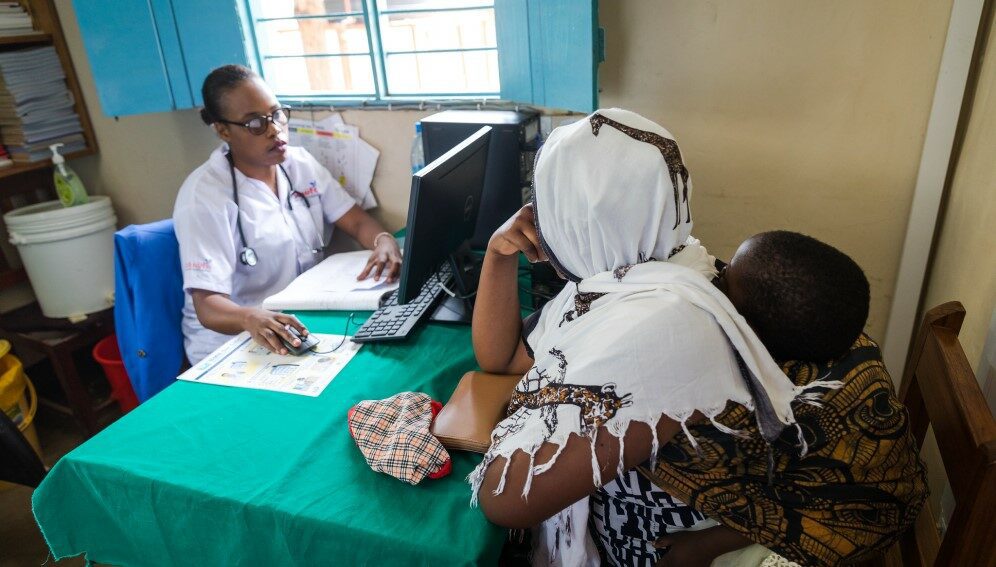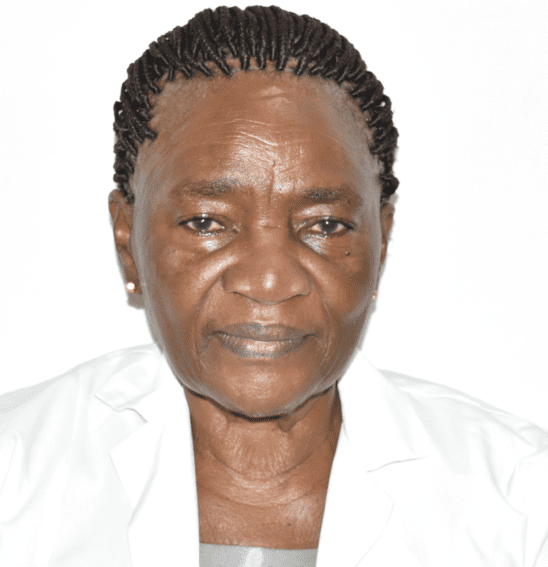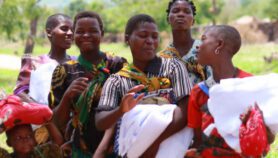13/10/21
Q&A: Tanzania’s first female doctor sees big strides

By: Michael Kaloki
Send to a friend
The details you provide on this page will not be used to send unsolicited email, and will not be sold to a 3rd party. See privacy policy.
When she became Tanzania’s first female physician in 1969, Esther Mwaikambo says people did not trust that a woman could be a doctor.
Among her many achievements, Mwaikambo established the Medical Women Association of Tanzania in 1987 to inspire and mentor young women to pursue medicine.
Mwaikambo tells SciDev.Net she aims to be a role model to young female doctors, as she begins writing books on child health and women’s roles in medicine.

Esther Mwaikambo Credit: Hubert Kairuki Memorial University
You were Tanzania’s first female doctor and you founded the Medical Women Association of Tanzania in 1987, part of whose mission is to mentor young women in the medical field. You have personally indicated a desire to see an increase in female doctors in Tanzania. Has this been achieved?
We have made very big strides on this. Women have been sensitised and we have seen an increase, year by year, of the number of females taking science subjects at high school. The number of female doctors in this country has been increasing substantially for the past ten to 20 years — really, it is impressive. The medical profession is very stressful for young women. However, as time has gone by, women have understood the importance of becoming a doctor. I would not say that we have arrived, but we are making progress. We are improving.
In East Africa there used to be a cultural stereotype that if there was a female doctor in a clinic, one would not get proper treatment. Is that something you witnessed in your community, and has this been a hindrance in getting female doctors out there to work in the community?
Yes, unfortunately. This has been the trend before, but I believe this is almost gone now. I remember when I became a medical doctor in 1969, the first female doctor, all the women did not want to come to me as a doctor because they had not seen or heard about a woman being a doctor. They always addressed me as a nurse or a helper. Gradually, when they came to learn that doctors can also be women, a lot of them have changed [their opinion]. The number of women doctors is increasing … female medical doctors are more accepted than men, where both of them are present. [Women] prefer to be managed by a female doctor.
The World Health Organization says there was an almost 50 per cent reduction in female genital mutilation rates in Tanzania between 1996 and 2021. Do you feel your work contributed to this reduction?
Considering where we were coming from in 1996, when the campaigns against female genital mutilation started, I think we’ve made good progress. And it’s my opinion that our struggles made a substantial change. I’m proud of that. And it’s my hope that we will conquer, so that female genital mutilation continues to reduce.
You’ve had a long and illustrious career, and you are still going strong. What are your plans for the future?
I must admit I have had a very rewarding career, working as a medical doctor and professor of paediatrics. It has been very fulfilling for me. I am now going to become an emeritus professor [an honorary title for retired professors]. I am retiring from my position very happily, because it has been very rewarding throughout my working period. My plan is to write books within the profession, especially in paediatrics and child health, and to continue nurturing young medical doctors. There are a lot of challenges and problems [for] these young female doctors, so I want them to take me as a role model, but also to read about how they can live in this profession. Because it is an honourable profession for them.
This interview has been edited for clarity and brevity.
This piece was produced by SciDev.Net’s Sub-Saharan Africa English desk.













